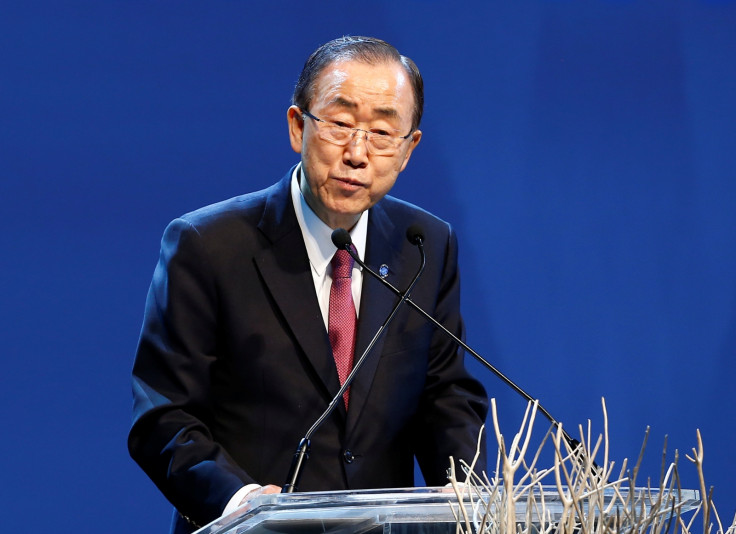'Bullying' forced the UN to remove Saudi Arabia from children's rights blacklist

Saudi Arabia was removed from a children's rights blacklist due to bullying and pressure exerted by the kingdom and its Muslim allies, the UN Secretary General Ban Ki-moon has said.
In March 2015, Saudi Arabia and its regional allies launched a military campaign in Yemen to prevent the Iranian-backed Houthi rebels allied to deposed president Ali Abdullah Saleh from seizing power.
In May 2016, a UN report claimed that the Saudi-led coalition was responsible for 60 per cent of the 1,953 child deaths and casualties in the conflict in 2015, which led to the kingdom being placed on a children's rights blacklist.
However it was controversially removed from the list following pressure described as "massive ... beyond anything ever seen," by an anonymous UN official speaking to CNN.
The UN will review the cases and number of casualties mentioned in the report with Saudi officials. On Thursday 9 June, the controversy escalated, as Ban accused Riyadh of using "undue pressure" to have the coalition removed from the list in what he described as "one of the most painful and difficult decisions I have had to make".
"I had to consider the very real prospect that millions of other children would suffer grievously if, as was suggested to me, countries would de-fund many UN programmes," he added.
He called on member states to defend reporting mechanisms such as the annual children's rights blacklist.
Saudi Arabia allegedly threatened to pull hundreds of millions of dollars of funding from UN humanitarian projects in places such as Palestine, and sources told Reuters that Riyadh threatened to hold a meeting of Muslim clerics to issue a fatwa declaring the UN "un-Islamic".
Human rights group Amnesty International criticised the UN for "blatant pandering" to Saudi Arabia that "undermines all of the UN's work to protect children caught up in war."
Saudi Ambassador Abdullah al-Mouallimi has denied that his government had put pressure on the United Nations to reverse its decision. "We did not use threats or intimidation and we did not talk about funding," said Mouallimi.
© Copyright IBTimes 2025. All rights reserved.






















